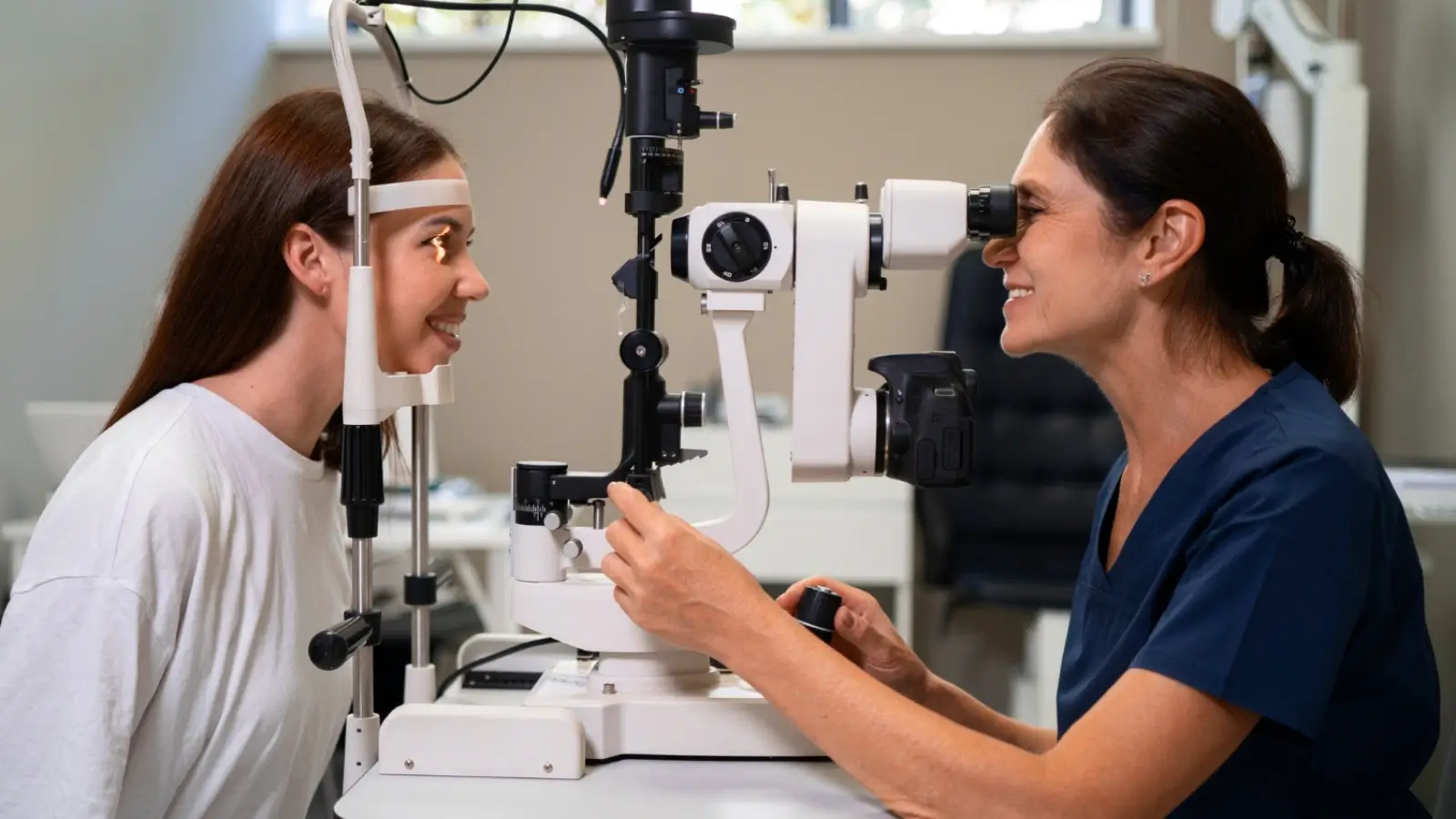Arzeda: Revolutionizing Protein Design with AI for Sustainable Solutions

AI is increasingly being leveraged in protein design, revolutionizing the creation of proteins with targeted properties. This innovative approach has wide-ranging applications, from developing new drug treatments to crafting sustainable solutions in homecare, agriculture, food, and materials industries.
One notable player in this space is Arzeda, a company founded in 2009 by researchers from the University of Washington’s Baker Lab. After nine years of self-funding, Arzeda’s founders — Alexandre Zanghellini, Daniela Grabs, Eric Althoff, and David Baker — decided to commercialize their protein design platform and seek outside investment.
"It’s challenging to transition from lab research to commercial scale in industrial biotech, and many have failed to make that leap," said Zanghellini, Arzeda's CEO. He highlighted that their ability to raise capital in a tough environment, where many companies are struggling or going under, is a testament to their progress.
Arzeda’s technology combines AI models informed by biophysics with generative AI techniques, such as large language models and diffusion models. To train these, they rely on a proprietary dataset of protein sequences and structures that the team has carefully curated. However, instead of focusing on biomedical applications, Arzeda's efforts are directed at transforming products traditionally reliant on chemicals by creating alternative proteins and enzymes that are more sustainable.
Their first commercial product is a natural stevia-based sweetener developed for an undisclosed consumer brand. Future products include laundry detergents for Unilever and biodegradable materials developed with W. L. Gore. Not only does Arzeda design these proteins and enzymes, but they also validate and manufacture them, generating revenue from both direct protein sales and products co-created with partners.
The company uses a combination of structural biology and biophysics to filter designs before testing them in experimental settings. “We’ve developed filters to weed out hallucinations in the design phase,” Zanghellini explained. Every design undergoes rigorous experimental testing, ensuring only viable candidates progress further.
Arzeda’s growth has been remarkable. Currently employing around 70 people, the company is already generating revenue and working with major clients like Unilever, W. L. Gore, AAK (a confectionery fats company), and the Department of Defense, though details on the latter remain confidential.
Recently, Arzeda secured a $38 million funding round led by Sofinnova Partners, bringing their total funding to $83 million. The fresh capital is aimed at scaling production of their artificial sweetener and advancing the commercialization of other products in their pipeline.
Zanghellini believes this strategic investment will pave the way for Arzeda's continued growth, creating a comfortable runway to profitability. “With strong investor support and revenue traction, we have a clear path to becoming EBITDA-positive,” he noted.


















